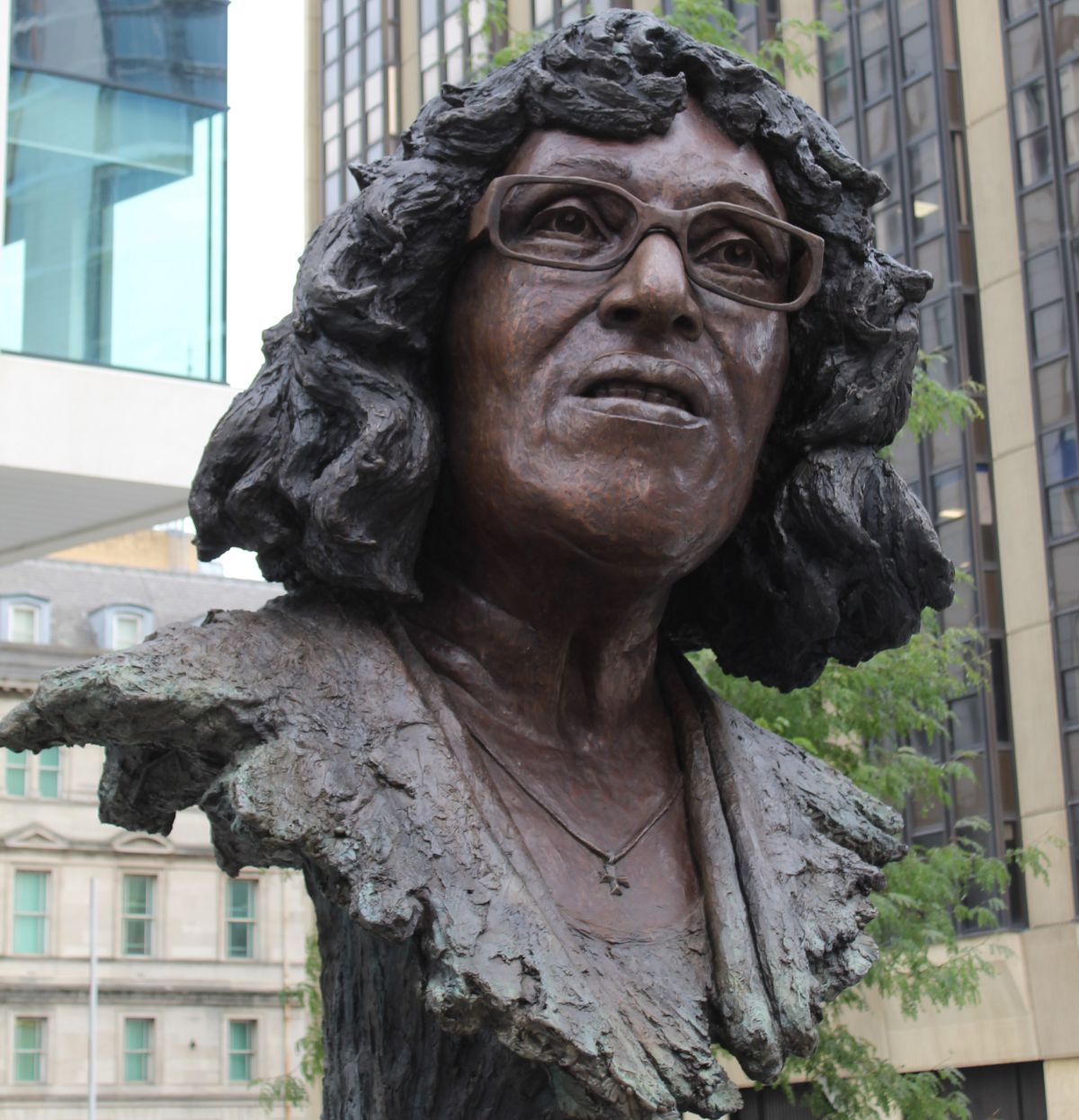
Black History Month in Wales: History, statues and today's battles
Black History Month is an opportunity to reflect on three important aspects of the black experience here in the Wales and across the UK.
The first aspect is, of course, gratitude to previous generations of Black people who migrated to Wales to support their families and provide opportunities for those currently living in Wales.*
The second is a celebration of the achievements, representation and diverse cultures from across the African and Caribbean diaspora in Wales.
The final aspect is the continued struggles and challenges of navigating everyday life against the persistence of racism and discrimination - as well as the exclusion of those with protected characteristics within Black communities.
We are grateful for the likes of Lord Bill Morris, the former general secretary of the Transport and General Workers Union. Despite the turbulent and racially-charged landscape, Mr Morris was able to be a light that lit up the path of many Black union reps and workers.
Unions work for workers. Especially workers that are in precarious work many of whom are of African and Caribbean descent. Representation is a doorway that is successfully unlocked when support is the key. Having Black individuals in leadership positions is great but is not in itself sufficient. Providing resources and supporting the Black people these leaders are representing should be an equal imperative.
Today we are grateful for the likes of young changemakers like Andrew Ogun who is reshaping the social landscape for Black people in Wales by organising anti-racism marches, working with the Welsh Government on anti-racist commitments, and holding those who are meant to protect Black people accountable when they abuse their power.
Historically, Black people were excluded from trade unions. This meant many Black workers had no protection or support at work. The majority of trade unionists were not fully supportive of the fight against racism towards Black workers as many saw them as a threat to white-workers. Today in Wales, there is a conscious anti-racism stance among non-Black trade unionists. This is the best form of allyship, as allyship is a collective and continual investment of time to support and understand others.
It was encouraging to witness the unveiling of Betty Campbell’s statue in Cardiff Central. The monument is an immortalisation of her achievements as Wales’s first Black headteacher, as well as an indicator to the progress Wales is making as a nation, as the country continues to recognise important Black figures within its history.
The recent introduction of a Black History curriculum in Welsh schools highlights the strides being taken towards educating racial equality and eradicating racism from an early age. The renaissance of unique murals of Black people on the side of buildings across Cardiff highlights the diversity and tolerance of the capital. However, the vandalising of the “Mona Lisa” mural in Cardiff Bay is a stark reminder that we still have a long way to go as there are still racists who remain resistant to celebrations of Blackness.
* It is important to note that the Wales TUC internally uses the term “Black” as a political term which includes other non-Black groups. However, this blog will specifically discuss the experiences, history and achievements of Black Welsh people from African and Caribbean descent.
